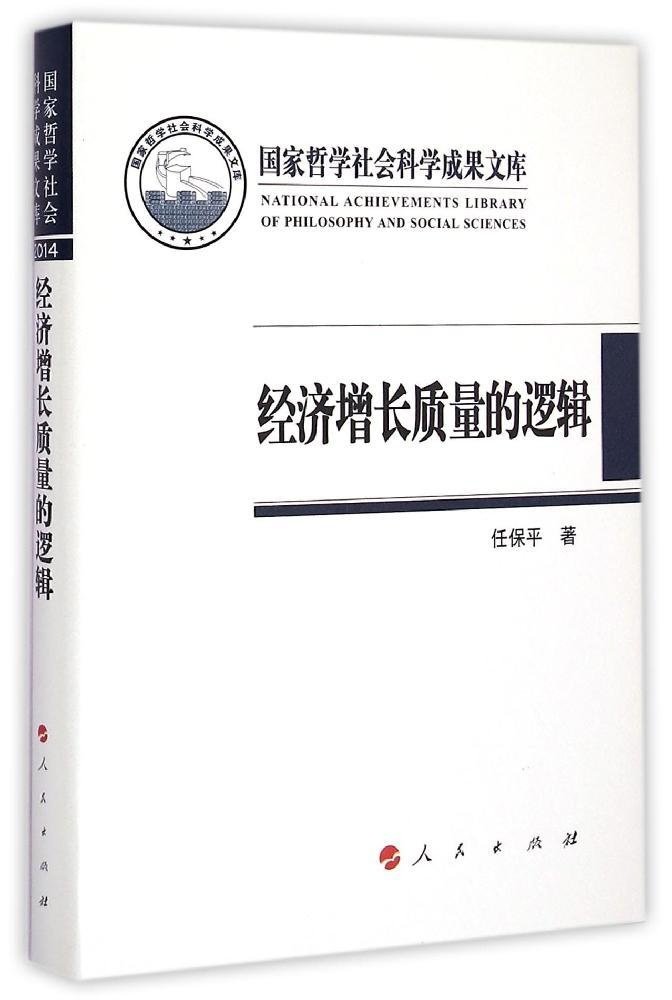Nonlinear logic applied in economic growth

Logic in Quality of Economic Growth
Author: Ren Baoping
Publisher: People’s Press
Quantity and quality of economic growth are two facets of one issue. For a long time, the spotlight has been on the former rather than the latter.
Logic in Quality of Economic Growth systematically explains that quality of economic growth is achieved when the quantity of economic growth reaches a certain point. This is when efficiency is improved, the structure is optimized, and stability, welfare distribution, and innovation capacity are all enhanced so that long-term economic growth can be assured.
Currently, mainstream economic growth theories focus on the economic system and objectively describe the economic landscape by applying positivist methodologies without value judgments. On the contrary, the quality of economic growth theory is based on normative methodologies and adopts standards and principles derived from some value judgments as evidence of the need to tackle economic issues and make economic policies. Clearly, the two forms of logic are not the same.
However, the quality of economic growth theory is by no means a denial of mainstream theories. It is an extension and supplement to them.
First, it expands the research from studying the optimal path of economic growth to achieving the best effect on society and establishing system coupling mechanisms. Second, it broadens the conceptual framework from linear, stable and balanced to non-linear, unstable and imbalanced, from economic growth to natural ecosystems and society itself. It also demonstrates innovation in methodologies. Finally, it shifts the focus of macro-economic policies from short-term monetary and fiscal policies to industrial, human capital and technological advancement policies that expand the frontiers of production possibilities.
The book puts forward the following propositions: Higher productivity is the fundamental guarantee for the quality of economic growth, and stability can achieve efficient allocation and utilization of resources. A reduction in resources, environment and ecological costs can increase net income growth. Structural transformation can change the dynamic mechanisms of economic growth. Welfare allocation can distribute the dividends of economic growth.High-quality economic growth depends on high-quality national economy. The key to improving the quality of economic growth is institutionalization.
The author suggested six ethical principles that quality of economic growth adheres to: a harmonious coexistence of economic growth and construction of ethics; benefitting all the working population; the pursuit of happiness for the majority; improving people’s development environment; coordination with progress in society and caring for humanitarian concerns.
The book forms a preliminary model for the quality of economic growth theory on the basis that cost analysis is a basic concept when assessing quality of economic growth. All in all, the quality of economic growth is to realize the maximization of net income, whereas net income maximization involves minimizing the economic, social, resource and environmental costs.
Ren Zongzhe is from the Shaanxi Academy of Social Sciences.

 PRINT
PRINT CLOSE
CLOSE